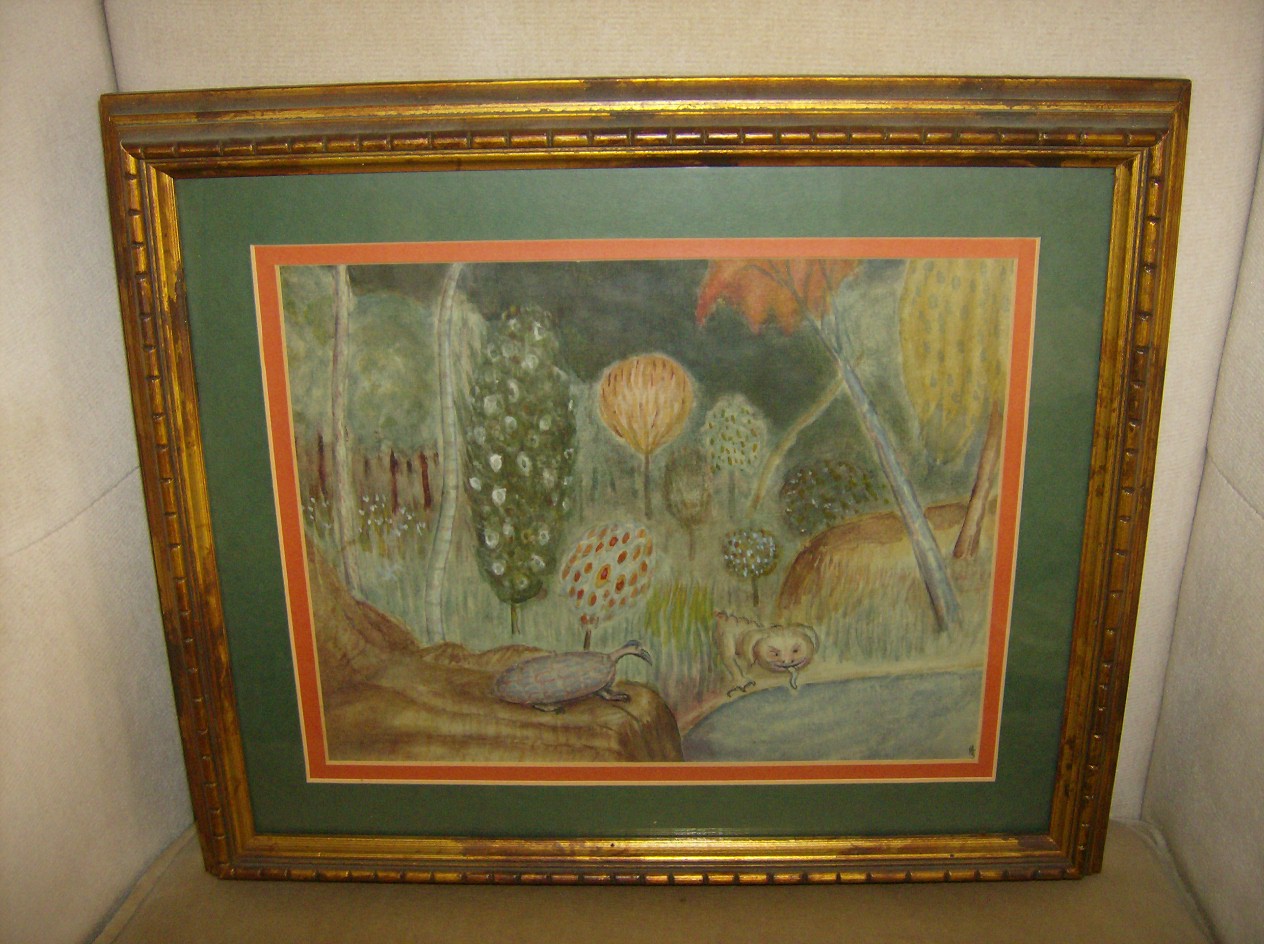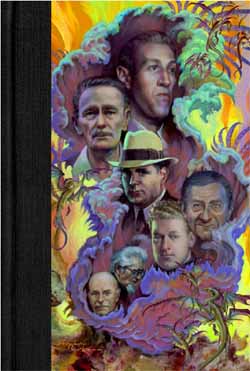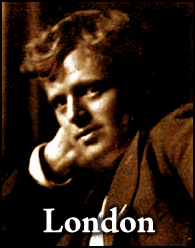EDITOR’S NOTE: First published in 1963, “The Sorcerer Departs” was Donald Sidney-Fryer’s magisterial bio-critical essay on the work of poet and fictioneer Clark Ashton Smith. Almost a half-century on, it remains the best. The full 17,000-word version, accompanied by new editorial matter, is currently available in a handsome booklet from Silver Key Press.
On the occasion of the Bard of Auburn’s 117th birthday, and with the permission of Sidney-Fryer himself, The Cimmerian hereby presents a vastly truncated version of that essay to its readers, which we have titled “Saluting the Sorcerer.” It is our hope that the piece stimulates you to seek out Smith’s work — most of which is widely available in various in-print and out-of-print editions — as well as begin to delve into the prodigious poetry and critical writings of Donald Sidney-Fryer.
SALUTING THE SORCERER
By Donald Sidney-Fryer
I pass. . . but in this lone and crumbling tower,
Builded against the burrowing seas of chaos,
My volumes and my philtres shall abide:
Poisons more dear than any mithridate,
And spells far sweeter than the speech of love….
Half-shapen dooms shall slumber in my vaults
And in my volume cryptic runes that shall
Outblast the pestilence, outgnaw the worm
When loosed by alien wizards in strange years
Under the blackened moon and paling sun.
In an age dominated by those whom George Sterling once derided as “the brave hunters of fly-specks on Art’s cathedral windows,” the poet Clark Ashton Smith (1893–1961) is sui generis. His Art embodies the thesis put forth by Arthur Machen in his study Hieroglyphics (1902) that “great writing is the result of an ecstatic experience akin to divine revelation.” The first major poet in English to be influenced by Poe, Smith certainly does not belong to any Weird Tales “school” — nor yet does he belong to any Gothic or neo-Gothic tradition except that of his own synthesis and creation. In the words of his own epigram: “The true poet is not created by an epoch; he creates his own epoch.”
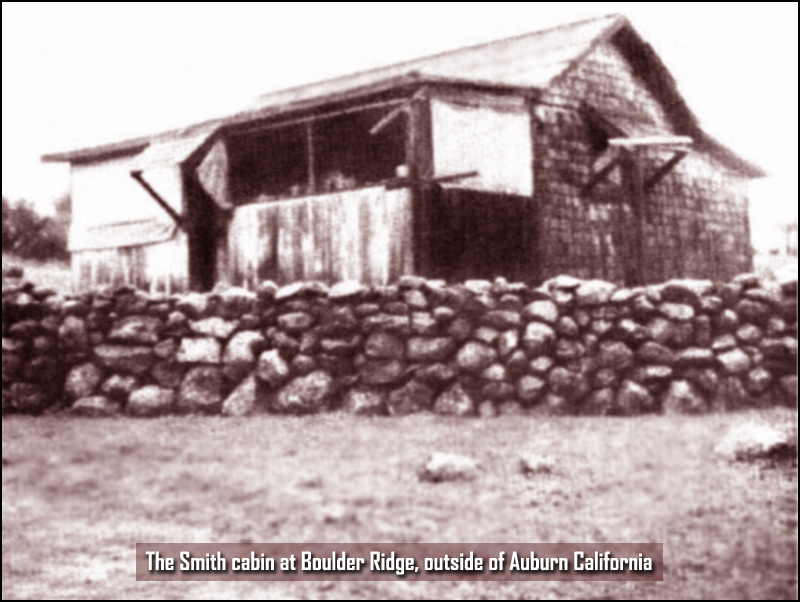
Smith was born of Yankee and English parentage on January 13th, 1893, in Long Valley, California, about six miles south of Auburn. In 1902 his parents, Fanny and Timeus Smith, moved to Boulder Ridge, where father and nine-year-old son built a cabin and dug a well. Here Smith lived almost continuously until 1954, and one can easily imagine the effect that the surrounding countryside had on the sensitive and imaginative boy. It was a veritable garden of fruit trees, evergreens and park-like areas located on the rolling foothills of the Sierras, while arching overhead the nocturnal immensitudes of the heavens were rendered remarkably clear in the clean, smog-free country air.
(Continue reading this post)

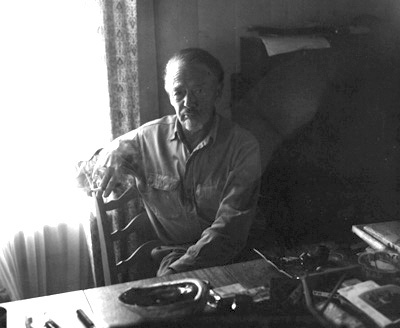


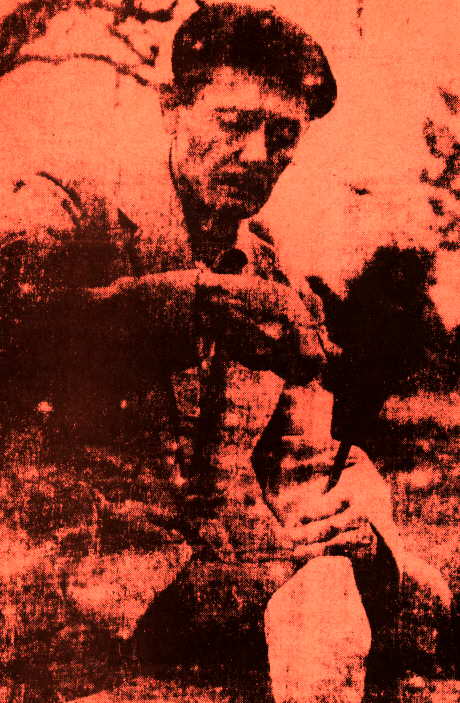
 I enjoyed the rare and original fantasy of [The Ship of Ishtar], and have kept it longer than I should otherwise, for the sake of re-reading certain passages that were highly poetic and imaginative. Merritt has an authentic magic, as well as an inexhaustible imagination.
I enjoyed the rare and original fantasy of [The Ship of Ishtar], and have kept it longer than I should otherwise, for the sake of re-reading certain passages that were highly poetic and imaginative. Merritt has an authentic magic, as well as an inexhaustible imagination. Last weekend,
Last weekend, 